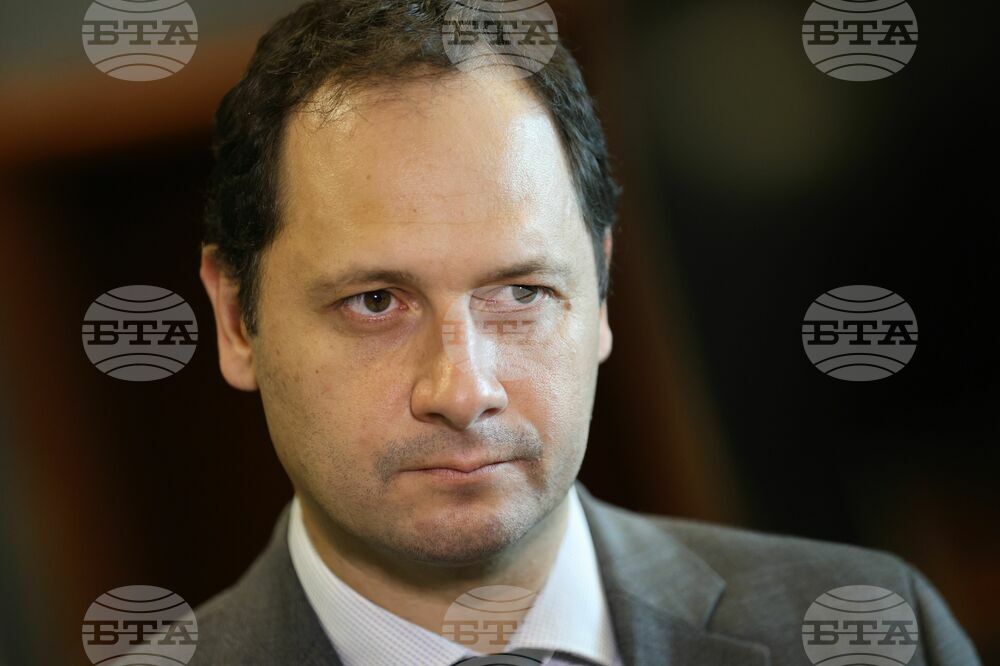BTA exclusive
![EU Parliament to Discuss Ending Impunity for Drivers with Violations outside Their Country of Residence]()
![EU Parliament to Discuss Ending Impunity for Drivers with Violations outside Their Country of Residence]() MEP Petar Vitanov (BTA Photo)
MEP Petar Vitanov (BTA Photo)
site.btaEU Parliament to Discuss Ending Impunity for Drivers with Violations outside Their Country of Residence


MEPs' Tuesday agenda includes discussing sanctions for serious offences on the road to be applied under similar standards across all EU Member States. The European Parliament will vote at first reading on an ordinary legislative procedure aimed at improving road safety and ending impunity for dangerous drivers
/VE/
news.modal.header
news.modal.text